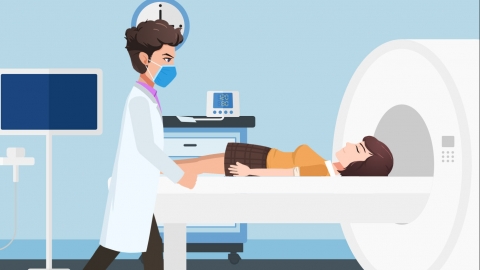Which diseases require testing of the six sex hormones?
Generally, a six-hormone panel test is required for conditions such as irregular menstruation, polycystic ovary syndrome (PCOS), premature ovarian insufficiency, hyperprolactinemia, and infertility. Detailed explanations are as follows:

1. Irregular Menstruation
Menstrual irregularities may be caused by endocrine disorders. A six-hormone panel test can reflect ovarian function and follicular development, thus helping diagnose problems such as irregular menstrual cycles and abnormal menstrual flow.
2. Polycystic Ovary Syndrome (PCOS)
Polycystic ovary syndrome is a common reproductive endocrine and metabolic disorder. Patients often exhibit elevated androgen levels and an increased luteinizing hormone ratio. A six-hormone panel test helps confirm the diagnosis of this condition.
3. Premature Ovarian Insufficiency
Premature ovarian insufficiency refers to early decline in ovarian function, leading to reduced estrogen levels. In a six-hormone panel test, significantly elevated follicle-stimulating hormone (FSH) levels alongside decreased estrogen levels may indicate diminished ovarian reserve or premature ovarian failure.
4. Hyperprolactinemia
Hyperprolactinemia is a reproductive endocrine disorder of the hypothalamic-pituitary-gonadal axis caused by various factors, primarily characterized by elevated serum prolactin levels and associated clinical manifestations. Significantly increased prolactin levels in a six-hormone panel test can serve as a diagnostic criterion.
5. Infertility
Infertility may result from multiple factors, including endocrine disorders and abnormal ovarian function. A six-hormone panel test can assess a patient's endocrine status, evaluate ovulatory function and ovarian reserve, and thereby assist in determining the cause of infertility.
Maintaining a healthy lifestyle with balanced nutrition, moderate exercise, sufficient sleep, and avoiding excessive fatigue can help maintain normal endocrine levels.




